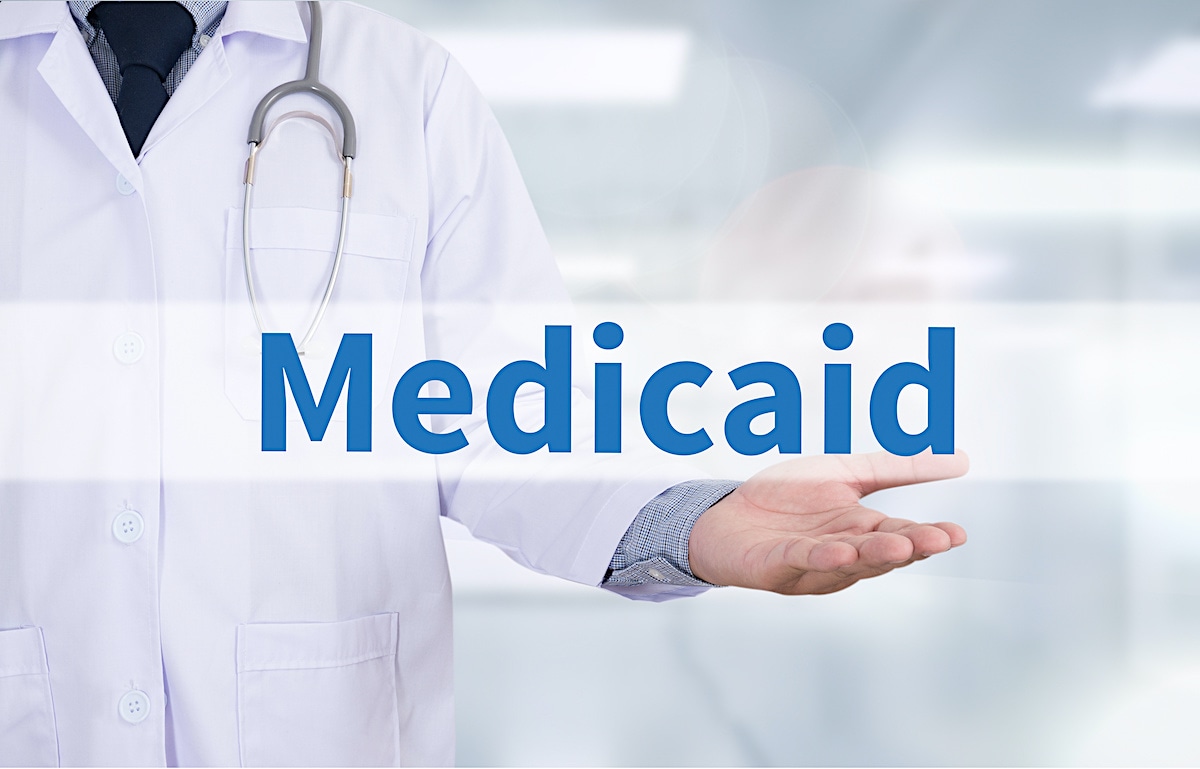
Editor’s Note: Natalie Crawford, a Republican, is a former two-term Habersham County Commissioner and founder and executive director of Georgia First and chair of the BRIDGE Georgia health care coalition. The views expressed in this commentary are hers.
In Georgia, one in 10 adults or two in five children rely on Medicaid for their health care coverage, over 70% of which is federally funded. While Georgia already has one of the highest uninsured rates in the country with 1.2 million of our fellow Georgians living without critical coverage, lawmakers in Congress are right now weighing legislation that includes major changes to Medicaid which would reduce federal investment in the program by an estimated $625 billion. Not only would such reforms increase our already high uninsured rate and threaten Georgians’ access to care, but they would also deeply harm our local economies and state, putting pressure on the state budget.
Everyday Georgians, including those who don’t receive their health care from the program, will ultimately be the ones shouldering the economic burdens caused by federal Medicaid cuts. Depending on the specific type of cut Congress ultimately enacts, Georgia could lose nearly 17,000 jobs, including nearly nine thousand healthcare jobs in 2026 alone. Georgia also potentially stands to lose $578 million in federal Medicaid funding, putting enormous pressure on our state budget, and forcing our state officials to make difficult choices about which programs will continue to get funding, potentially reversing the strides Georgia has made in addressing issues like maternal and infant mortality and mental health.
If Congress were to move forward with the House-passed legislation, it’s estimated that between 72,000 and 120,000 Georgians could lose Medicaid coverage. And, we know that when more uninsured Georgians show up to hospitals needing medical attention, rates of uncompensated care increase. More uninsured Georgians means that we all will pay more for our health insurance, as premiums will go up when hospitals raise their prices to shift the cost of uncompensated care to those who can pay. These higher premiums also impact Georgia’s employers, especially our small business owners, who may have to make the tough choice between cutting employee benefits, reducing wages, or risking financial strain. Property taxes would also likely increase, because local governments rely on them to sustain struggling community hospitals.
Included in the House bill is a framework requiring states to implement work requirements for certain groups of Medicaid enrollees, a method Georgia has piloted for the past two years in Georgia Pathways, Georgia’s partial Medicaid expansion program, which launched in 2023. With its low enrollment numbers and high administrative costs, Pathways has proven that work requirements are burdensome to the state, the taxpayer, and the enrollee. In Georgia’s 2025 renewal application for the Pathways program, the state has requested to decrease the frequency of work reporting requirements because of the administrative burden. Congress right now is proposing to add reporting requirements for Medicaid programs nationally, which goes against everything we’ve learned in Georgia.
The impacts of proposed federal reforms to Medicaid would be felt most acutely by our state’s most vulnerable communities. Folks living in rural areas are more likely to be served by Medicaid, and cuts to the program will threaten an essential revenue stream for our rural hospitals, who often rely more heavily on Medicaid reimbursement. Nine rural Georgia hospitals have closed since 2010, and as many as 18 more are now struggling and in danger of closing or dramatically reducing services. Cutting Medicaid may push many of those over the line. Such closures have ripple effects — local businesses will suffer or be forced to relocate when rural hospitals close, leaving thousands of community members without jobs and access to healthcare.
As a proud lifelong Republican and former County Commissioner for Habersham County, I have spent decades pushing for fiscally responsible solutions for our state. Cuts to Medicaid are not only fiscally irresponsible, but they could threaten the livelihoods of our fellow Georgians and the economic opportunities that consistently make our great state a top state for business.
Unfortunately, there are many influential voices who use divisive rhetoric, misinformation, and fear mongering to cloud the understanding of what the Medicaid program is delivering for our state, and who really benefits from this safety net. Chances are, you know someone who could lose access to their local hospital, their job, or their healthcare coverage as a result of the proposed Medicaid changes. It might surprise you to learn that I used Medicaid insurance as a young mother, which enabled me to have my first child and take care of my family without going into medical debt — or worse. Without it, I likely would not have been able to become a successful FinTech professional and small business owner, or fulfill my call to public service. Medicaid covers 40% of all babies and kids in our state, thousands of seniors in nursing homes and people receiving long-term care, and many hardworking adults like me. Buying into misinformation will lead to policy decisions that hurt our neighbors and our state economy.
While Congress is considering harmful cuts, it’s essential everyday Georgians be heard. If enough Georgians speak up for the health of our neighbors and our economy, together, a symphony of voices can rise above the noise. Call your representatives — let them know about the negative impacts that Medicaid cuts would have on Georgians like you and me. Remind them that work reporting requirements add costly red tape without improving accountability. Urge your friends, family members, and neighbors to do the same. A vote to cut Medicaid is a vote against the health and the economic prosperity of our state and Georgian families.






